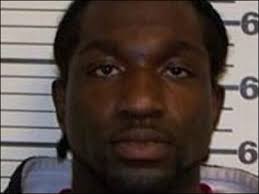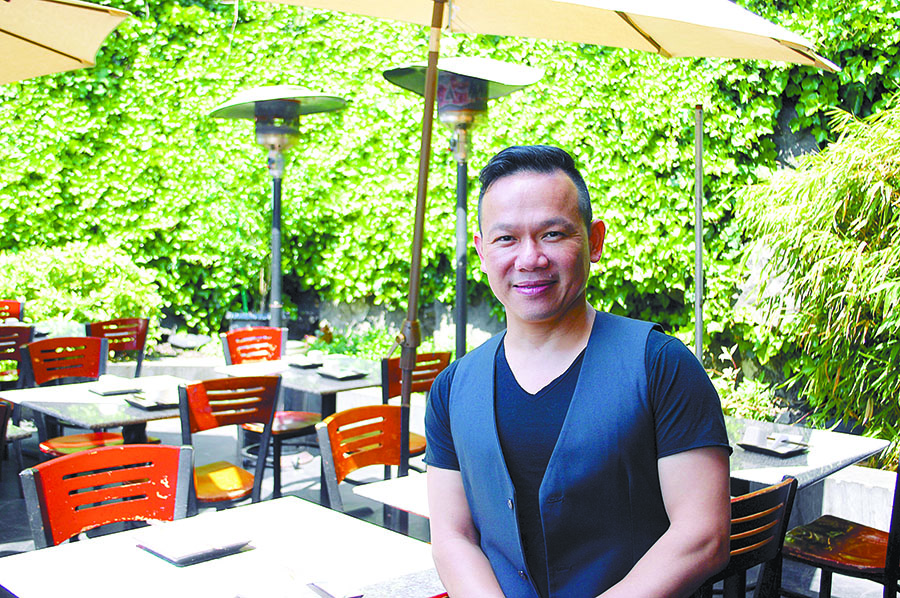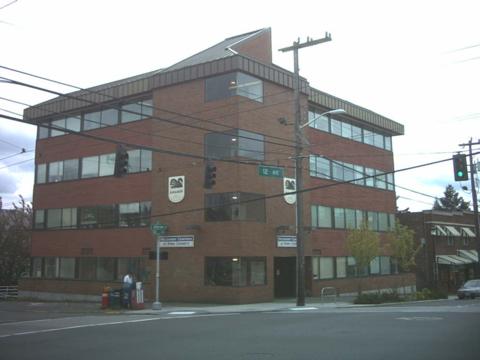For years, Martin Anwar Duckworth, last week’s Metro Transit bus shooter, was a fixture in Pioneer Square. Here, in this mangy swath of downtown Seattle, he languished among a legion of fellow desperadoes, where days are spent crouched against warm brick walls in stinking sleeping bags, enduring the endless ambulance sirens and the jarring hiss of curses and threats.
Street people like Duckworth live in this muck, cleaning pigeon droppings off mottled blankets, bumming cheap smokes on sidewalks washed daily out front of the Union Gospel Mission, while gingerly engaging in the cautious camaraderie of the homeless.
In the end, the incorrigible 31-year-old was just another broken man, not altogether different from the others, coaxing handouts and relying on crumbs, just as the pigeons do.
For Duckworth, who on his Facebook page described himself as a self-employed barber, nothing seemed to work out. He was a victim himself of a random act of violence, shot by an unknown assailant in Pioneer Square in March. He was a frequent no-show at court-ordered drug rehab and mental-health therapy, both programs of which he enrolled in but didn’t come close to completing, reports Department of Corrections spokeswoman Norah West.
Repeated referrals to housing assistance programs and other community resources were largely ignored. So, too, were the come-to-Jesus admonitions from his community corrections officers, who called him a “chronic violator” of the conditions of his supervision.
“It is not unusual for high-risk offenders to have a large number of violations,” notes West.
It is not known where Duckworth got the gun, police say, or where he lived his final hours. It may have been in an alleyway beneath the rumble of the Viaduct near the Compass Center. This is the shelter he frequented, usually to fetch his mail, sometimes with a girlfriend in tow, a caseworker tells Seattle Weekly.
It is the address, 77 S. Washington, which he gave police the last time they hauled him in, nine minutes past midnight on July 29, 2011, for selling three chalk-colored rocks of cocaine to an uncover cop under the I-5 freeway on S. King Street.
“He wasn’t very talkative, but he seemed easygoing. I never saw any aggressive tendencies,” adds the Compass worker, who asked that his name not be used. “I’ve known him for a longtime and he was never menacing to me in any way.
“It is obvious though that he had a substance-abuse problems because he was usually very exhausted during the day, since he was probably out all night.”
On a warm sunburst Monday morning at 8:48, the 5-foot-8, 150-pound Duckworth, clad in a hood and dark-colored sweatshirt, climbed aboard the Route 27 Metro Transit bus on Third Avenue in front of Benaroya Hall. Eyewitnesses say he paced back and forth, refusing the driver’s request to pay his fare.
Then, inexplicably, Duckworth lept at the driver, 64-year-old DeLoy Dupuis, and attacked him before turning his revolver on him. He shot Dupuis at least twice, in the cheek and arm. Police chased Duckworth down University and along Second Avenue. They gunned him down in front of 40 startled passengers after he entered another Metro bus at Second and Seneca.
Drug-addled, homeless, with a 10th-grade education, Duckworth, court records show, was arrested 71 times over the past dozen years. Most those arrests involved drug dealing or drug buying, though in March 2007, he was arrested for firing a rock through the window of a Pioneer Square nightclub and then stabbing an employee with a plastic knife, and spent 76 days in jail. He got another 60 days for crack cocaine possession in July 2007.
On Oct. 6, 2011, Duckworth was sentenced for the rock cocaine sale under the freeway overpass and ordered to serve twelve months of supervision and attend drug and mental health evaluation. On a dozen occasions, however, Duckworth ran afoul of conditions laid down by the court and his community corrections officers.
As one of his corrections officers wrote, “Mr. Duckworth failed to address both his chemical dependency and mental health issues throughout the time of his supervision.”
Under the Washington Department of Corrections’ Swift and Certain program for criminals on supervision, an offender who screws up by failing to meet with his corrections officer can immediately be jailed for one to three days. After five violations, they can face up to 30 days in jail for each subsequent violation.
Because of numerous violations, – which included failing to report, using drugs and tampering with his drug tests – it took Duckworth eighteen months, until April 15, 2013, to complete his DOC supervision.
Currently, there are 15,286 offenders on supervision in Washington state, two-thirds of whom are identified as “high risk to reoffend.” Duckworth was one of those.
Even though Duckworth failed time and again to follow the rules laid down by his corrections officers, supervision came to end, and could not be extended – unless he was charged and found guilty of committing another crime.
“He had completed his year,” said DOC’s West. “The story for us ended on April 15, 2013.”
Strangely enough, in the early morning hours of March 21, Duckworth was shot in the face by an unknown person in the area of Third Avenue and S. Washington Street. Shirtless and bloody, he ran through the streets, where he tried and failed to seek refuge – aboard a Metro bus.








